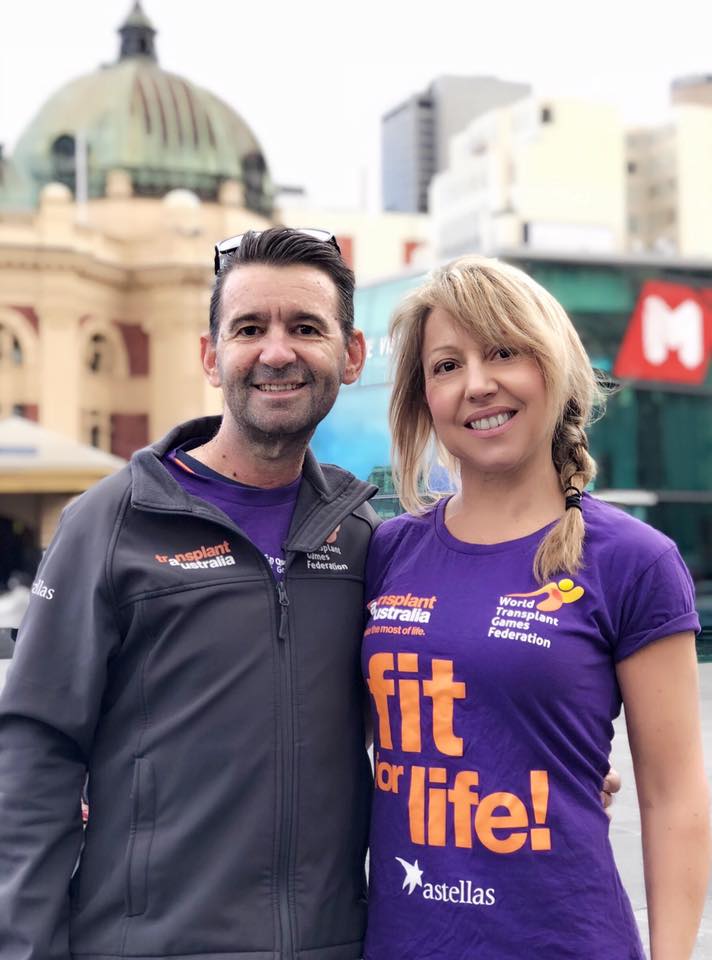Cancers are a risk
Your transplant medications keep your organ safe, but also increase the risk of developing cancers. A transplant recipient is approximately twice as likely to have cancer. This risk varies between the types of transplanted organs and cancer types. Regular screening helps in early detection and treatment of new cancers.
This section covers the basics of some common cancers including symptoms to watch for, and practical steps recipients can take to avoid them.
Studies have shown that Non-Hodgkin lymphoma has the highest incidence in lung recipients, intermediate in liver and heart recipients, and lowest in kidney recipients. Lung cancer risk is highest in lung recipients, with smoking-related disease often the reason for the transplant. While the risk of liver cancer was elevated only among liver recipients, the risk of kidney cancer is increased for all recipients.




 Breast cancer forms in the area of the breast where the cells replicate in an uncontrolled way. Women who’ve had a transplant are at a higher risk of developing it due to their suppressed immune system.
Breast cancer forms in the area of the breast where the cells replicate in an uncontrolled way. Women who’ve had a transplant are at a higher risk of developing it due to their suppressed immune system.


Recent Comments